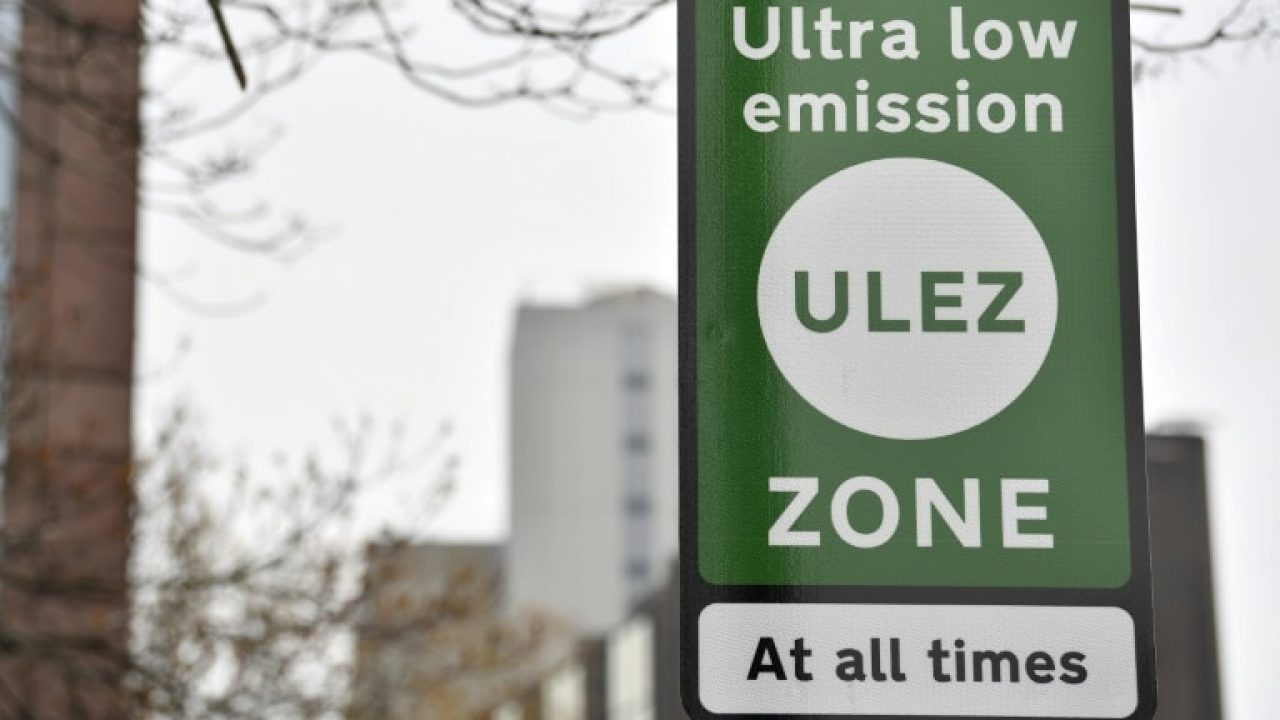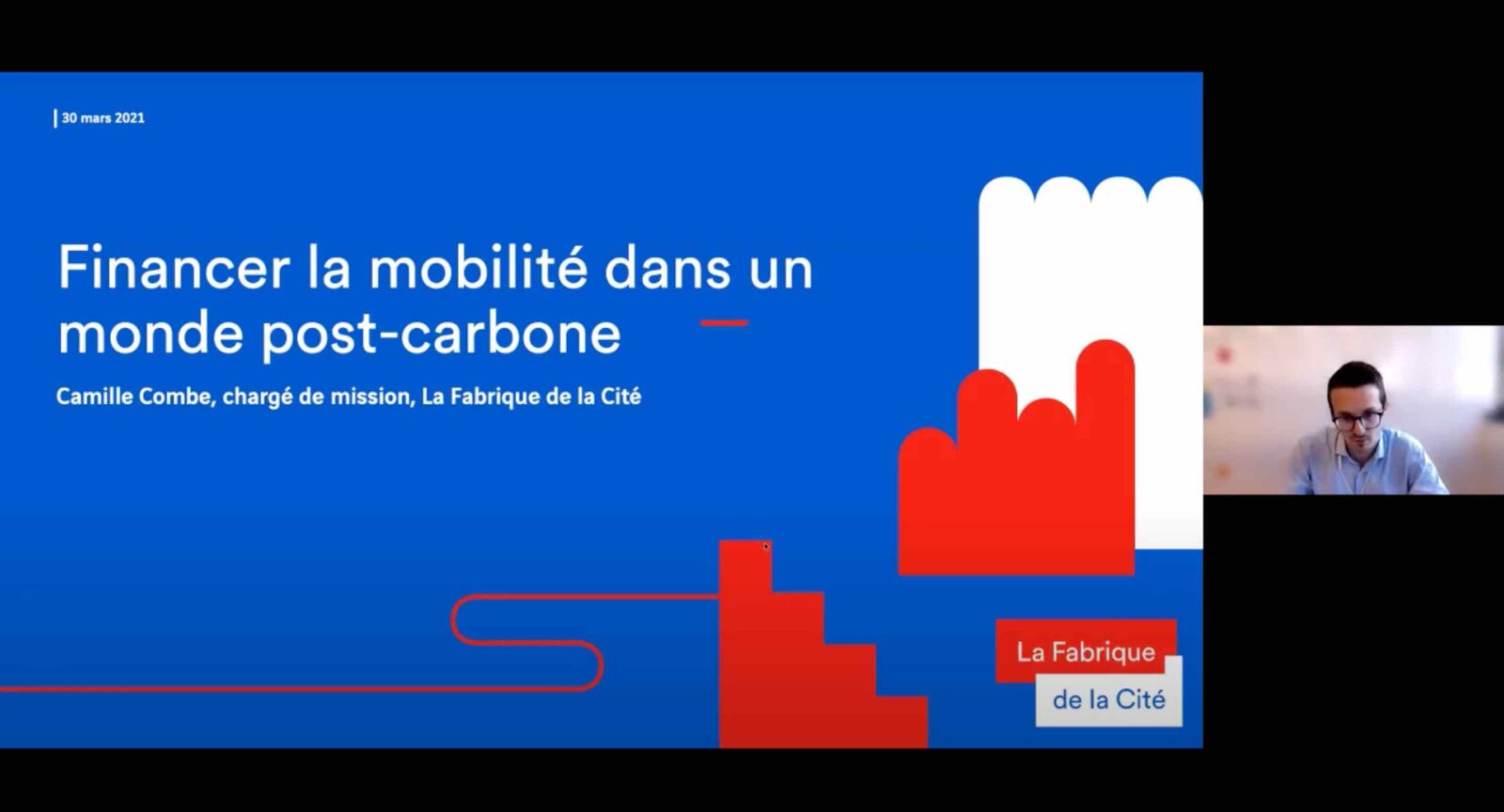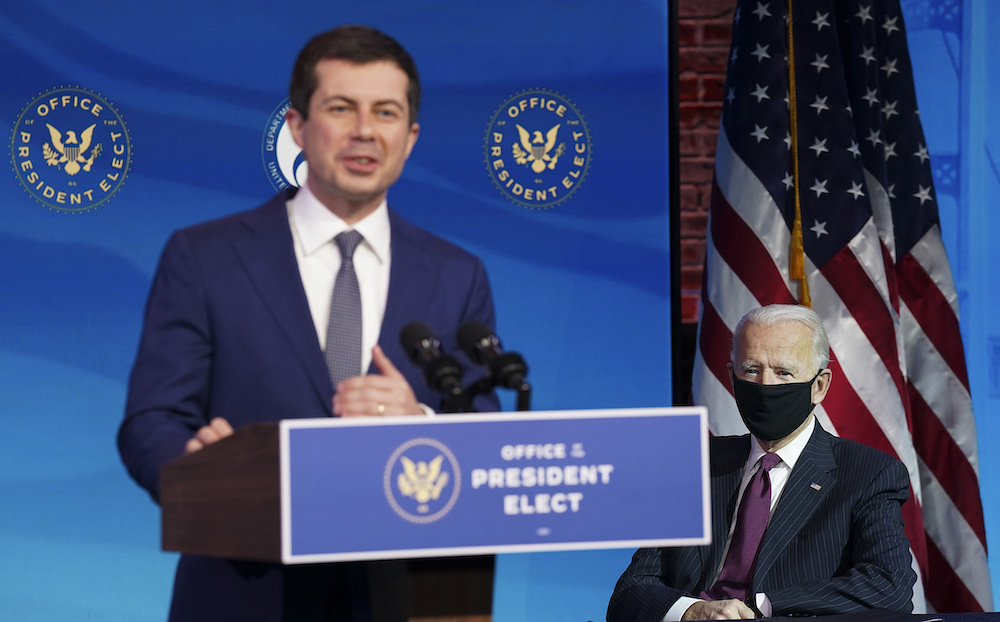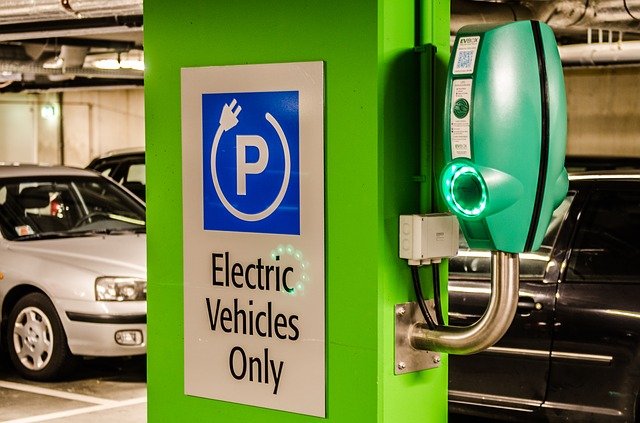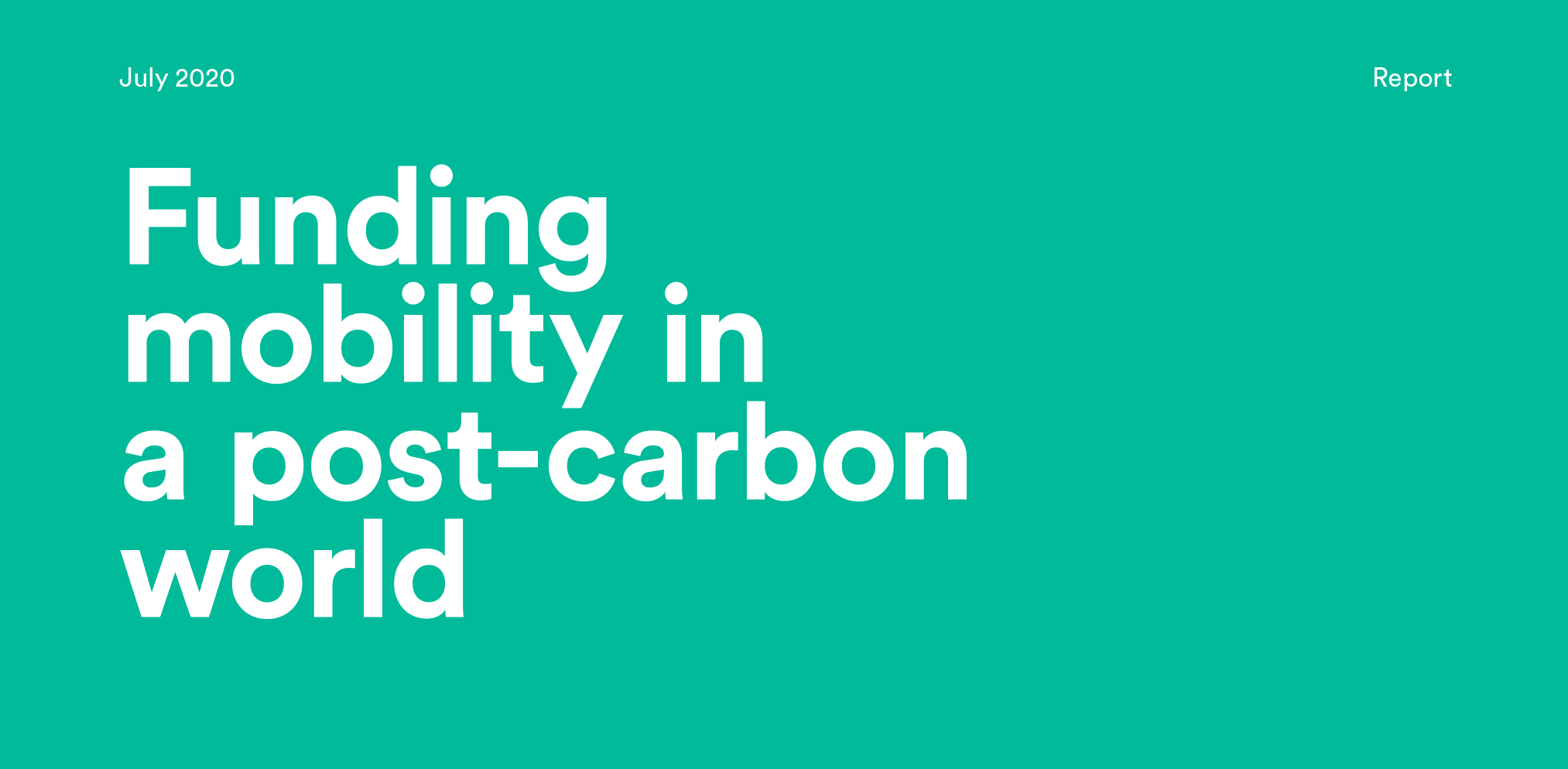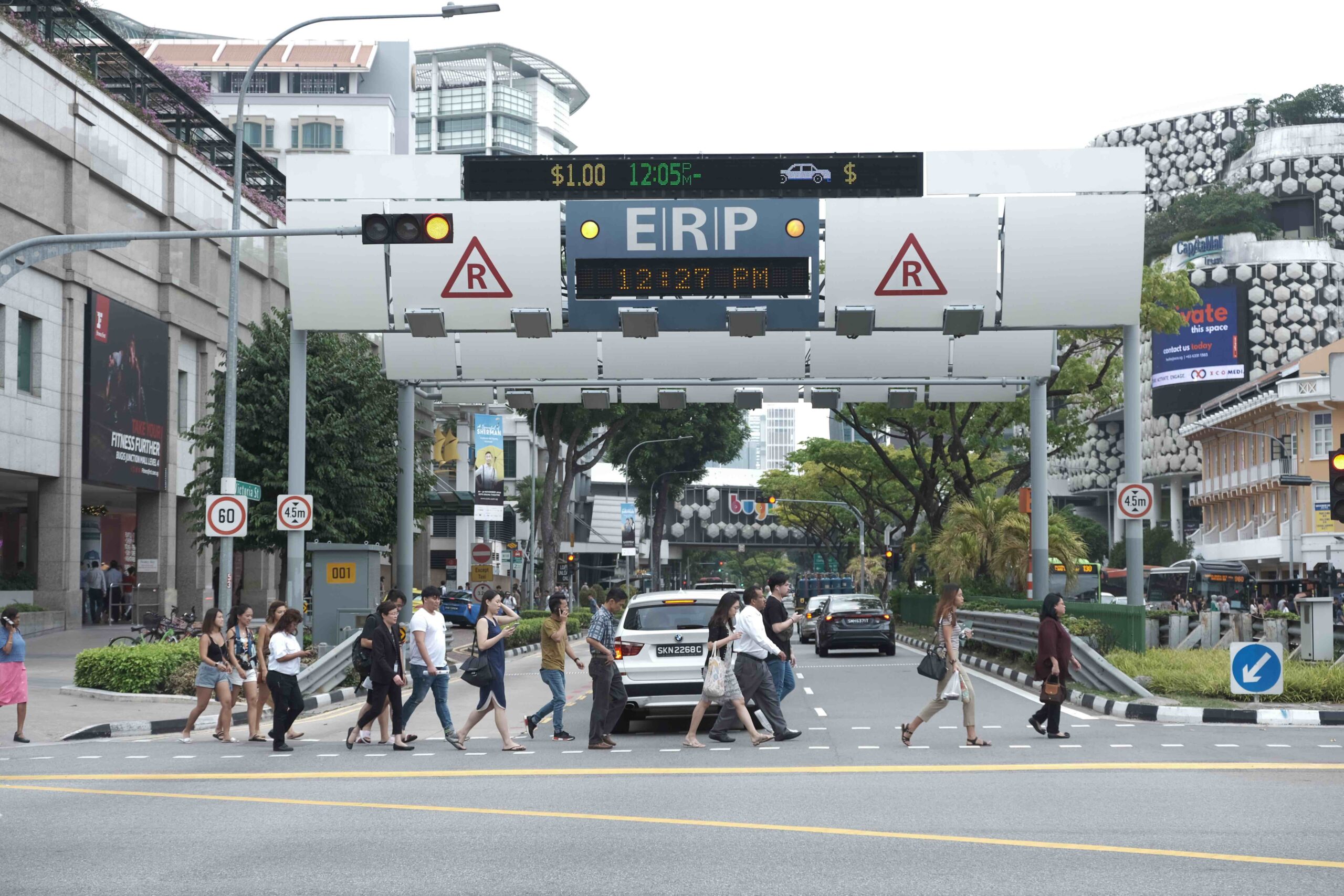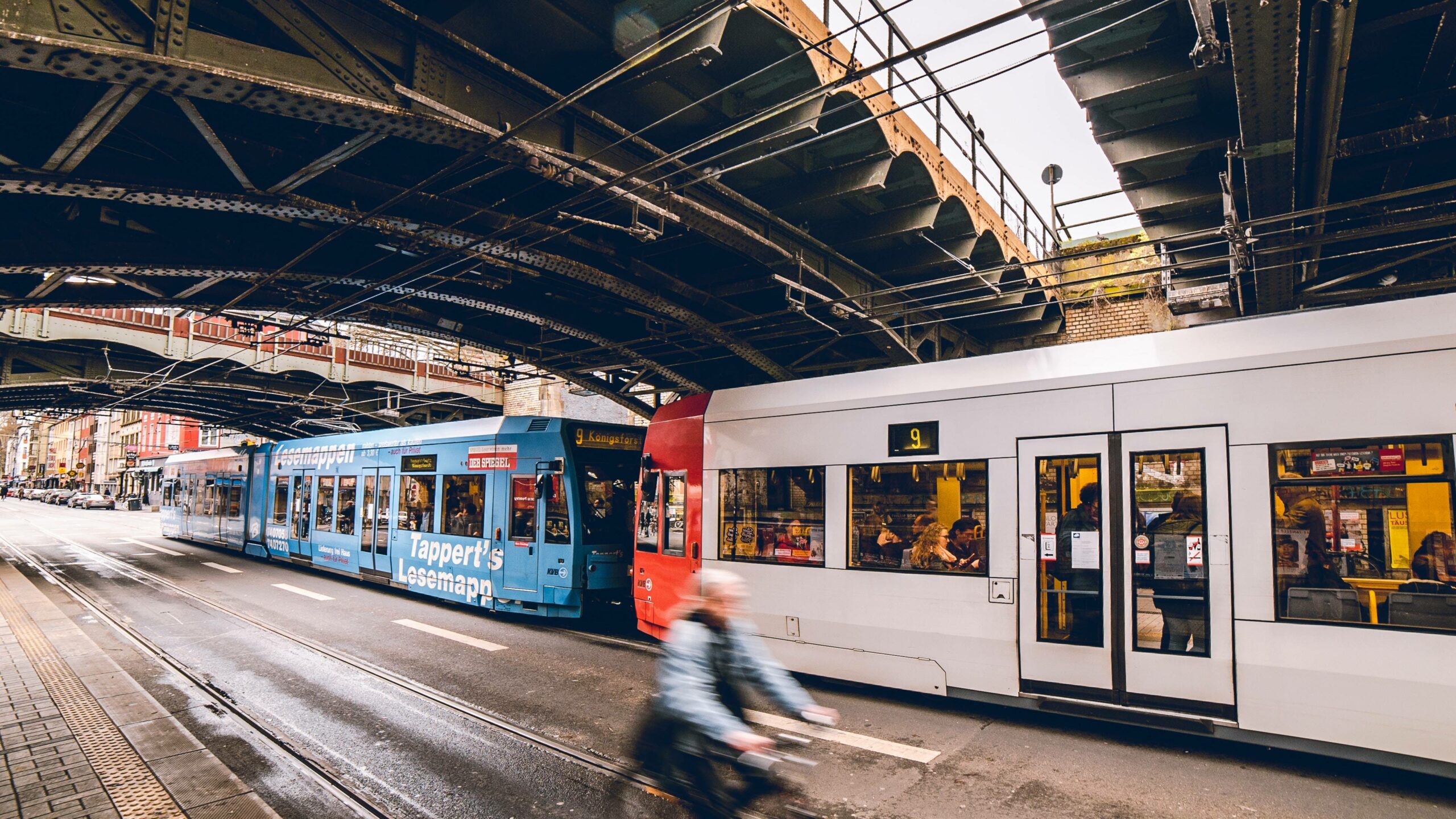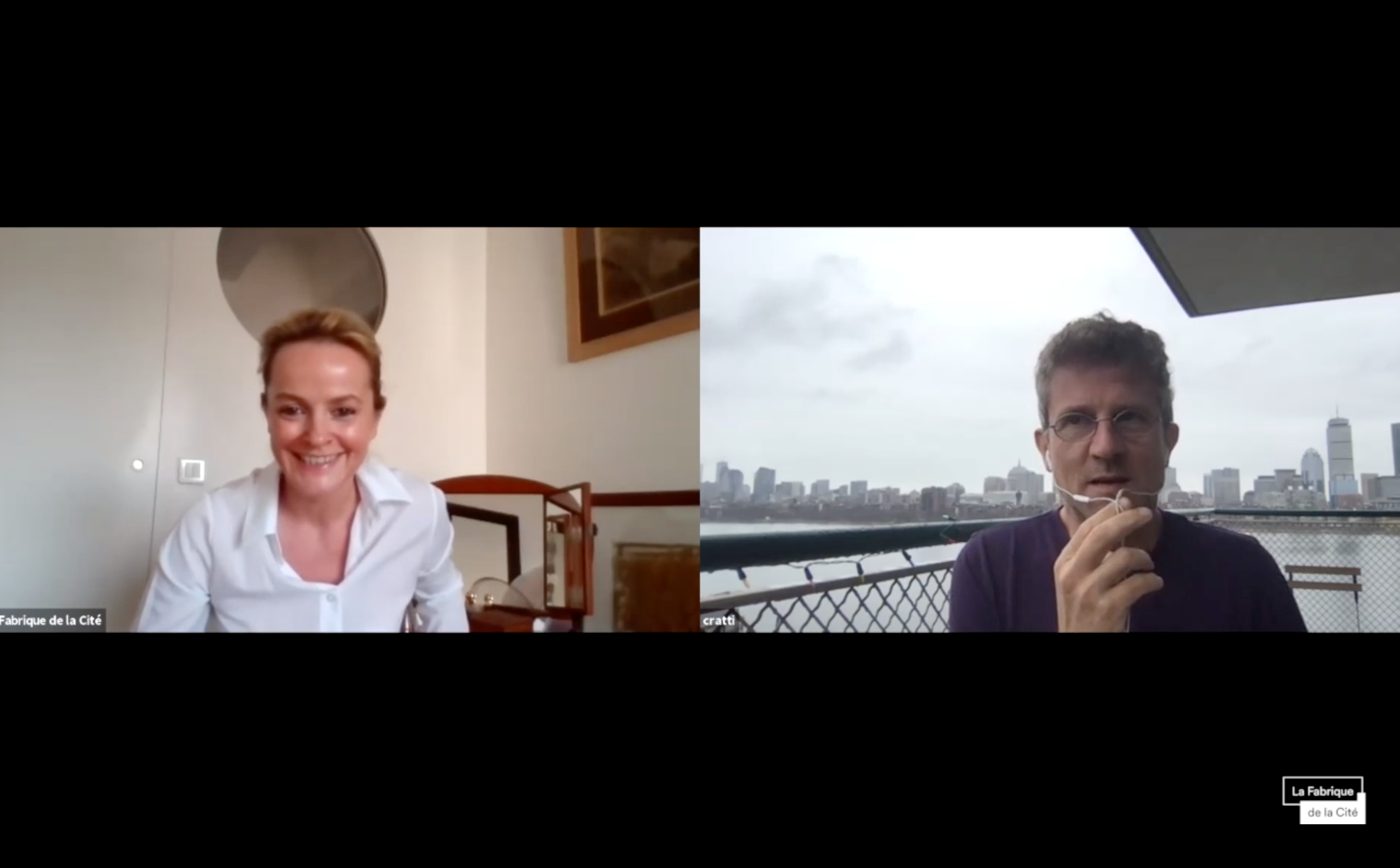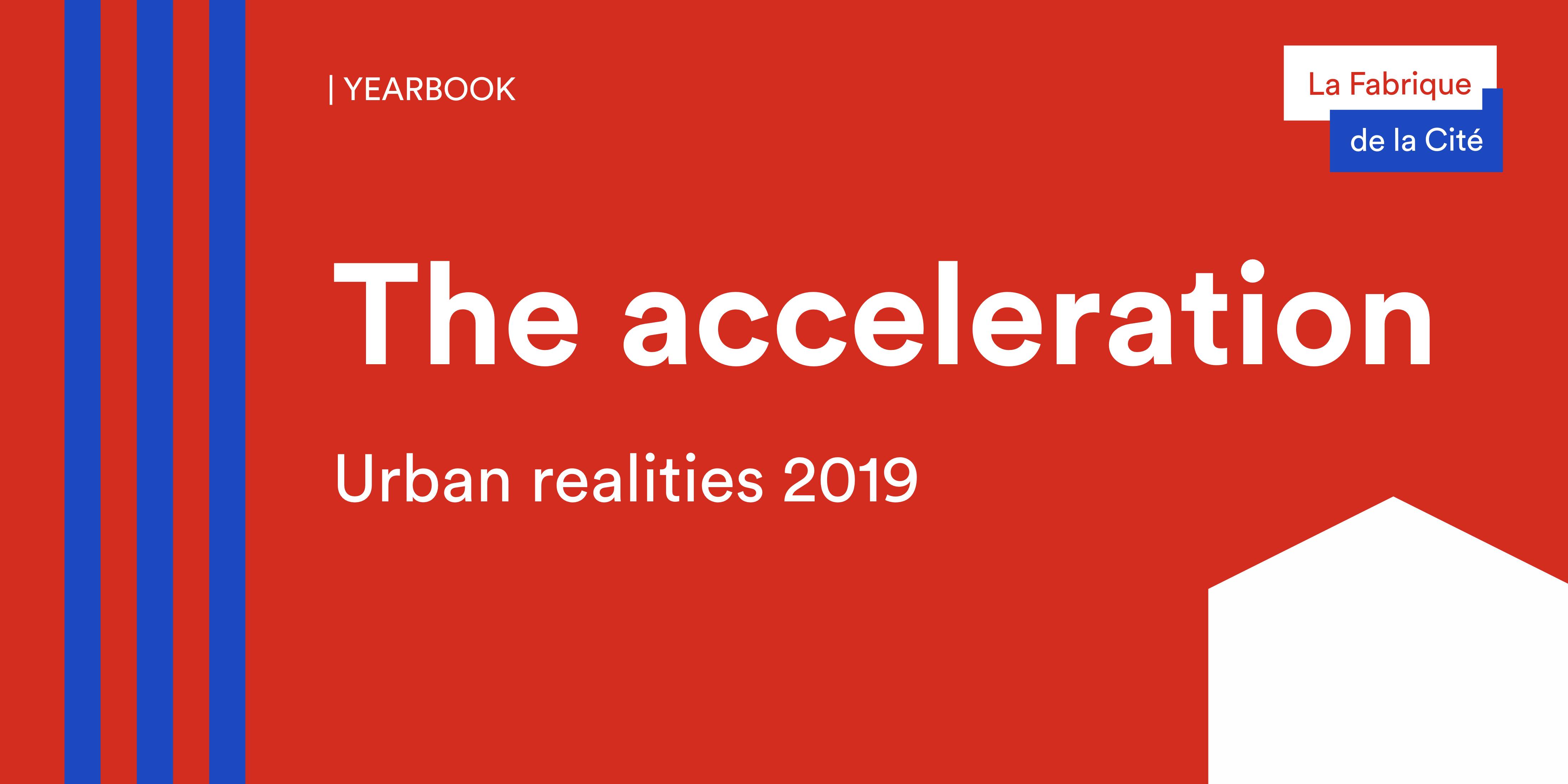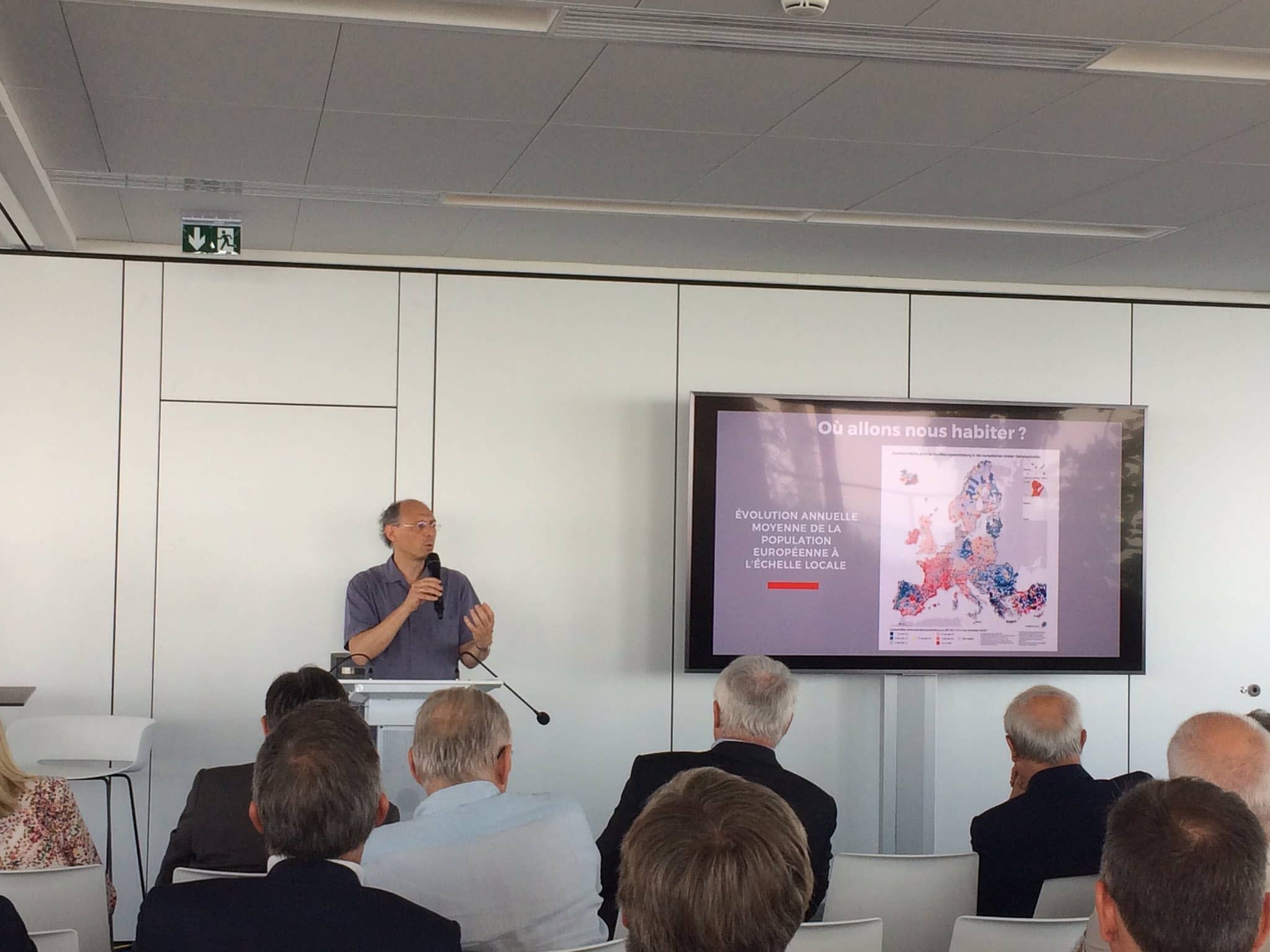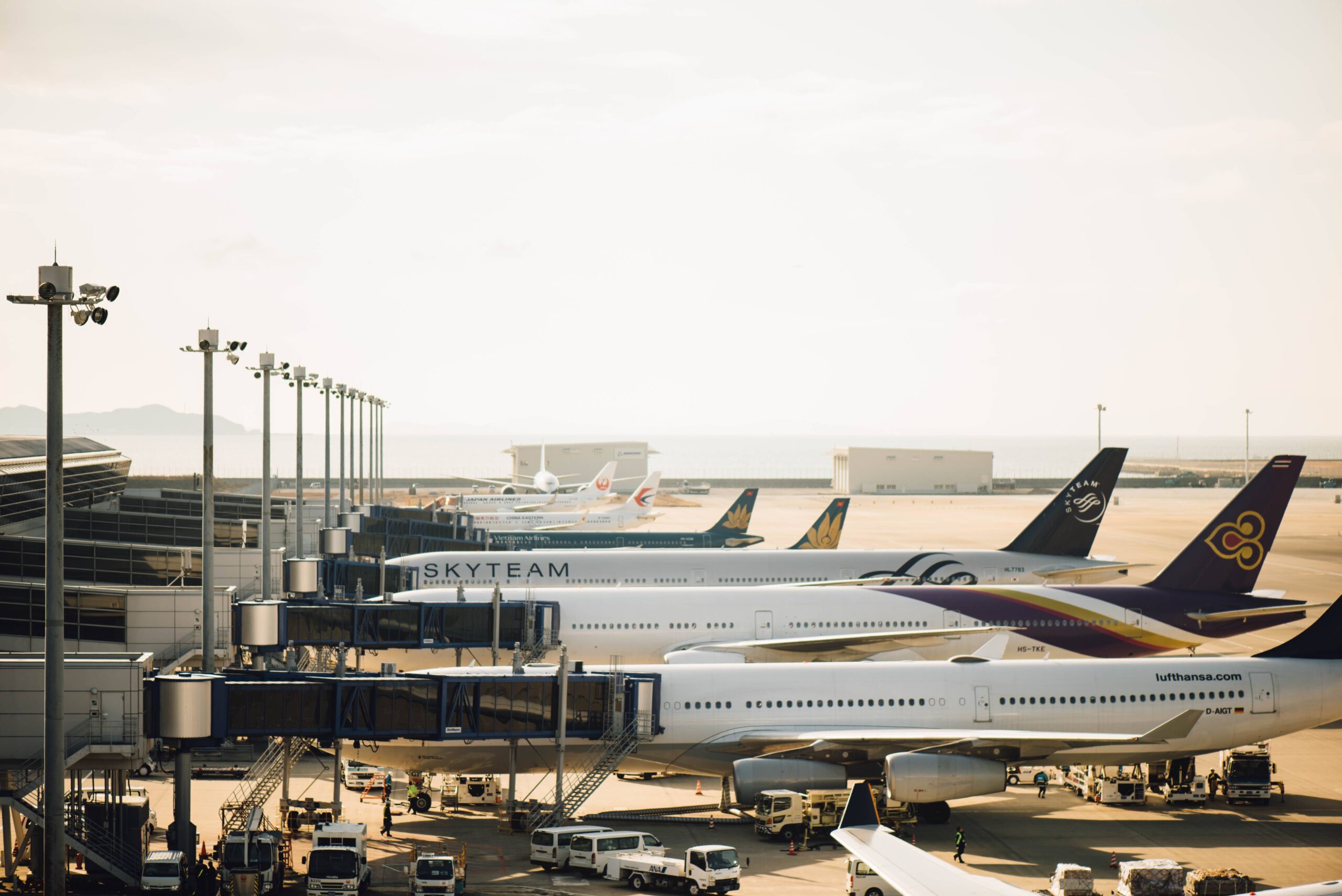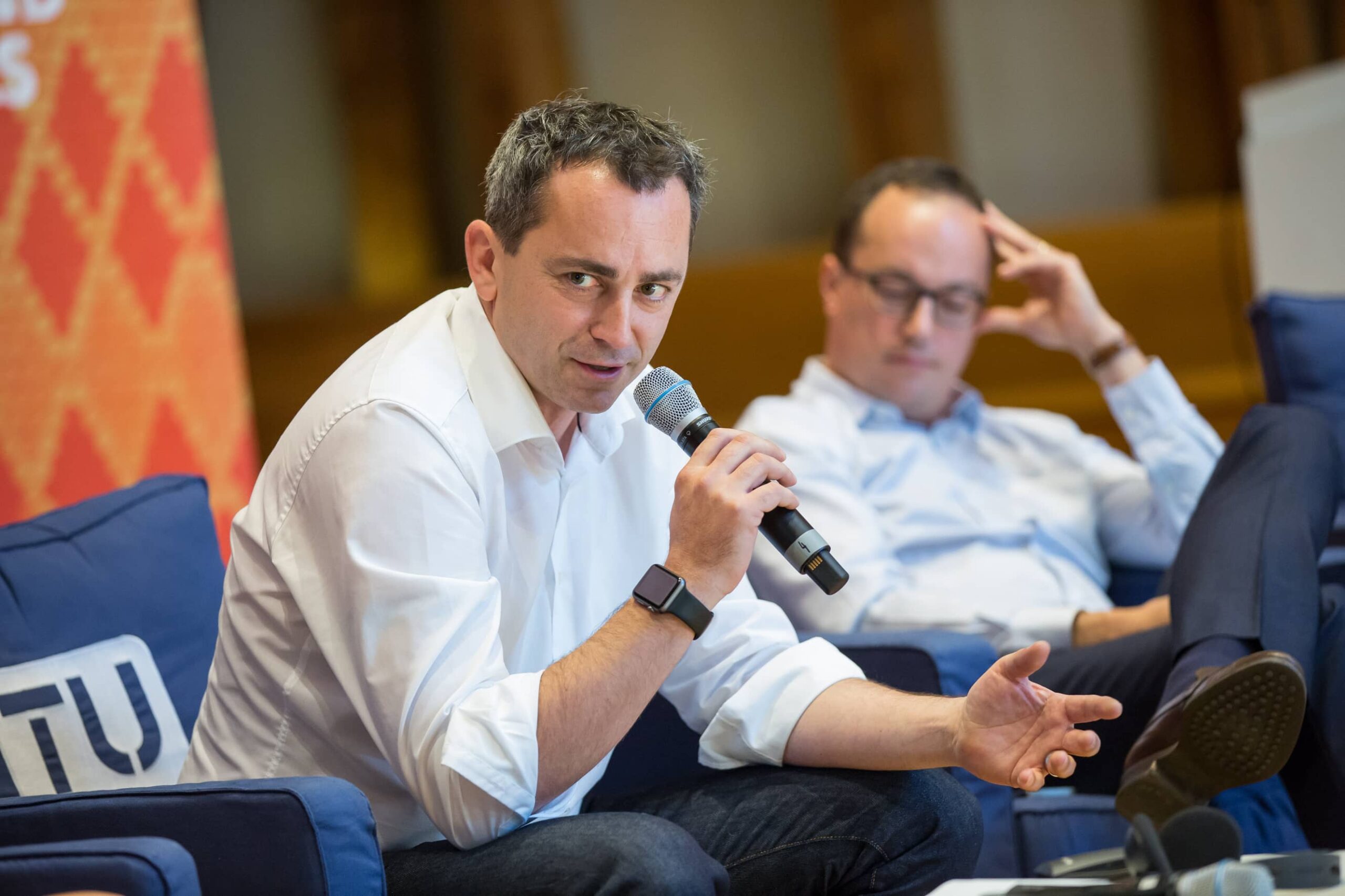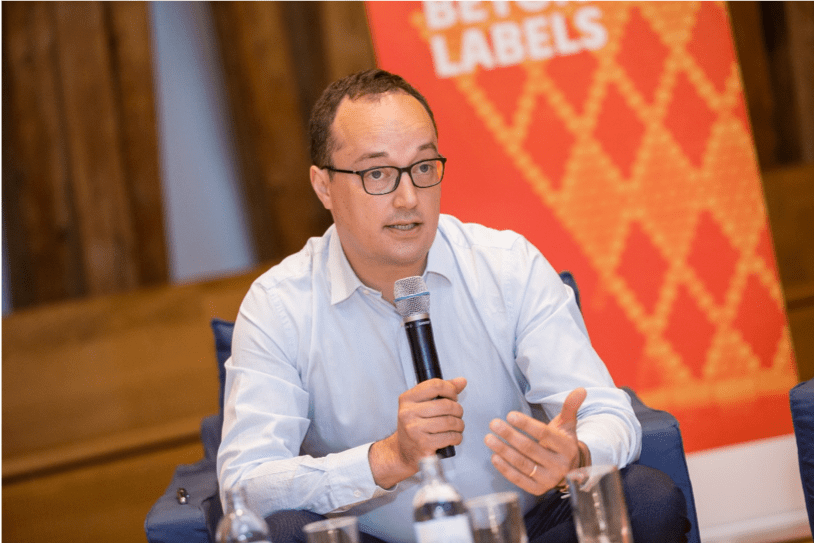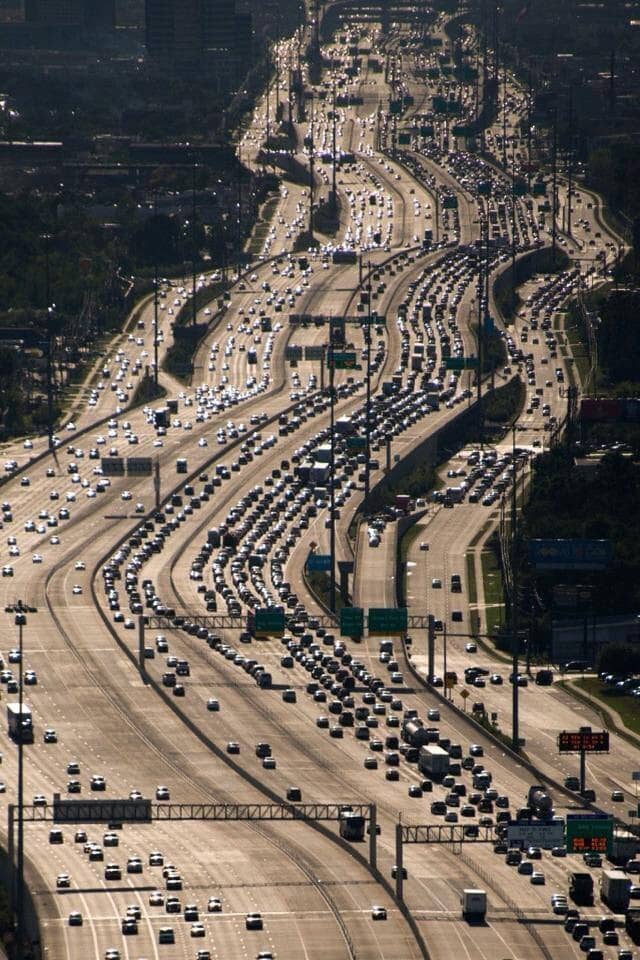

When London tries to urbanize Uber
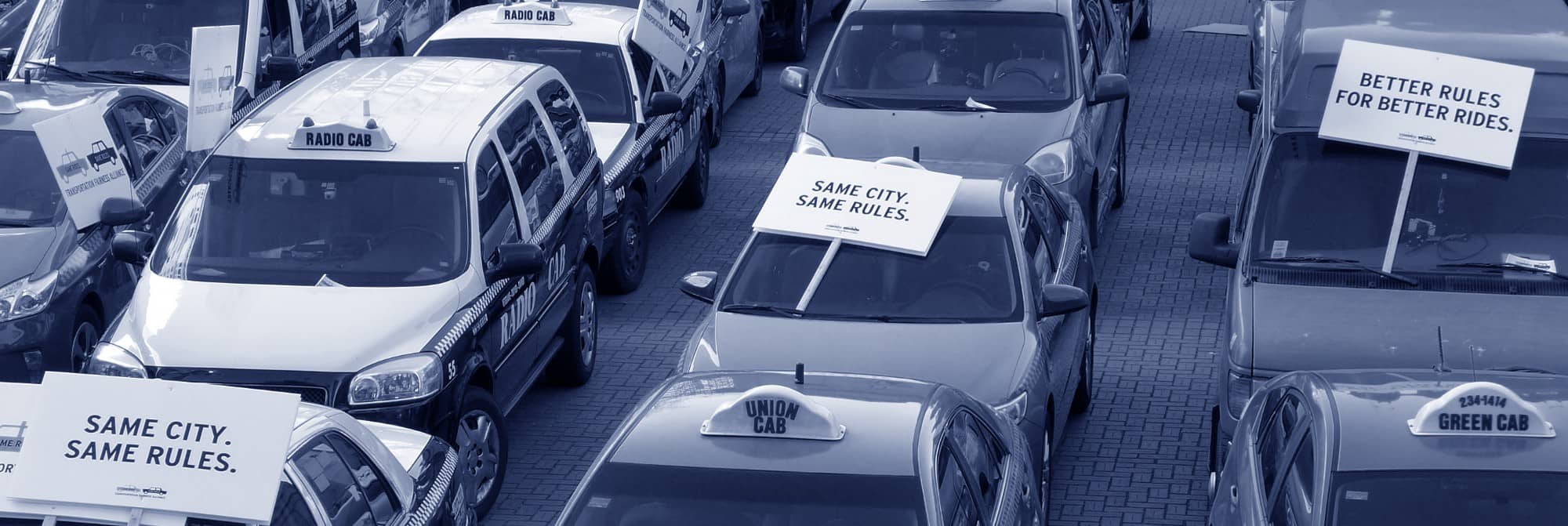
On 22 September, in a short press release, London’s public transport authority Transport for London (TfL), locked Uber out of the city a few days only after it multiplied the cost of a private chauffeur license by a thousand. By deciding not to renew the Californian company’s right to operate after it expired on 30 September, TfL made a bold choice to deprive 3.5 million Londoners of the private hire trade service and to dispossess Uber of its largest European market. This decision, which Uber has since appealed, marks a turning point in a game where the company previously defined its own terms. Following London’s lead, New York City and San Francisco have announced they are now reflecting on ways to tighten their control over Uber.
Uber London Ltd can continue to operate until any appeal processes have been exhausted pic.twitter.com/sjGLqS9rbW
— Transport for London (@TfL) 24 septembre 2017
After opting for either de facto benevolent indifference towards Uber or timid regulation efforts, world metropolises are changing their tune. Faced with Silicon Valley’s dearest mantra, “Move fast and break things,” might they actually be responding with “Move at our pace, and comply with our rules?”
Surely the London episode is not taking place at a neutral time for Uber. Dara Khosrowshahi, Uber’s new CEO, intends to break away from Uber’s past positions, sometimes deemed aggressive. In the wake of TfL’s decision, Uber indeed changed its position, calling for dialogue. The crisis with London could act as a test for the company: what if, faced with growing rebellion, a company born of the so-called collaborative economy opted, after all, to work towards… increased collaboration with municipalities?
You have my commitment that @Uber will work with #London to make things right and keep this great global city moving safely. pic.twitter.com/MZbDS6fYQL
— dara khosrowshahi (@dkhos) 25 septembre 2017
Yet the outcome of this episode does not depend solely on Uber’s will. The British capital, while sticking to its very radical positions, knows it would send a bad signal by outlawing Uber, a company that has entirely shuffled the cards of mobility in large metropolises. For Uber has undeniably created new uses, and is now an integral part of the supply and demand of mobility. Isn’t the true object of this tug of war for TfL to remind all that as a full-blown mobility player, Uber must submit to the authority of those who hold the keys to the city in this area? Because Transport for London is not merely about management of public transport. It is a vision and a capability for action over the entire mobility spectrum: taxis, private hire vehicles, congestion charging, roads, bicycles, etc. It is also a public transport authority with the courage to state that mobility in cities is expensive, and must be paid at its fair price.
In this context, it is no surprise that London, one of the world’s most proactive and avant-garde metropolises when it comes to mobility, turned out to be the first city of this size to step up. Just like it did in May with Citymapper, which had been prohibited from operating its pop-up bus in a congested area already served by public transport, the British capital intends to set the rules of the game and to align the system stakeholders with its objectives. After redoing its homework, Citymapper was ultimately granted a transport license by TfL. Uber will certainly recall this episode when the negotiations begin, important negotiations for whom wants to know whether the time for dialogue and conciliation between Uber and metropolises truly has come. In short: the time for urbanity.
These other publications may also be of interest to you:

Sending out an SOS

Behind the words: telecommuting

Behind the words: urban congestion

The political and technological challenges of future mobilities

Inventing the future of urban highways
“Dig, baby, dig”
La Fabrique de la Cité
La Fabrique de la Cité is a think tank dedicated to urban foresight, created by the VINCI group, its sponsor, in 2010. La Fabrique de la Cité acts as a forum where urban stakeholders, whether French or international, collaborate to bring forth new ways of building and rebuilding cities.






















